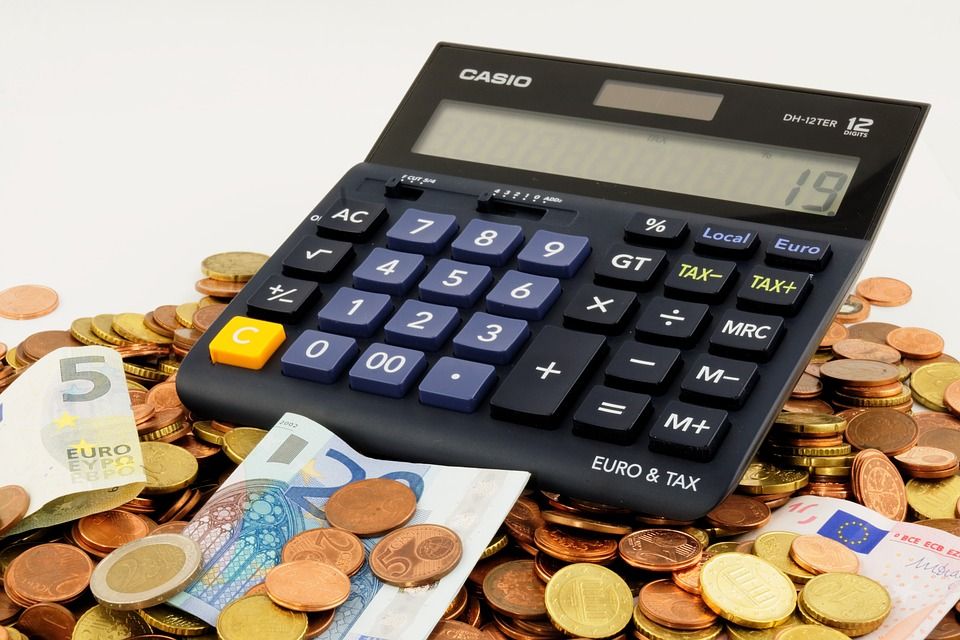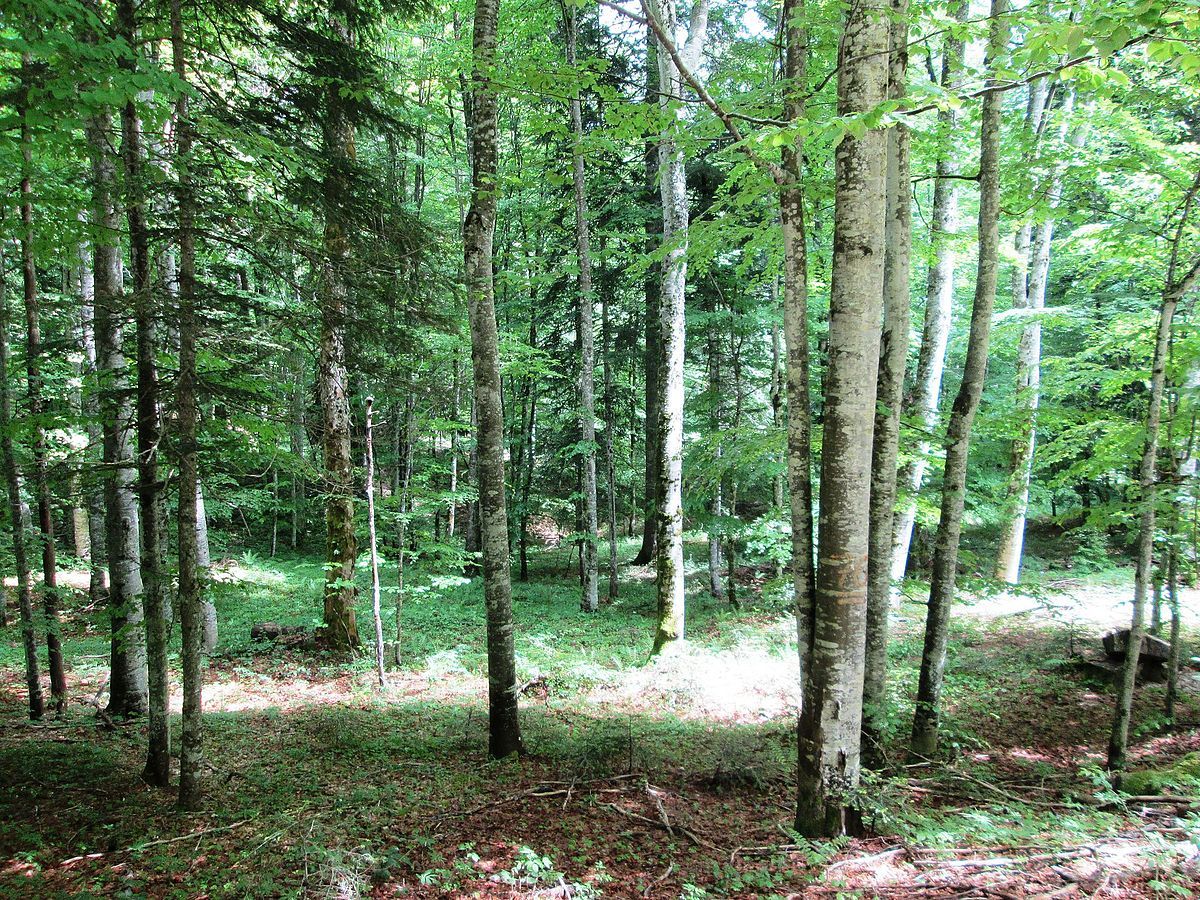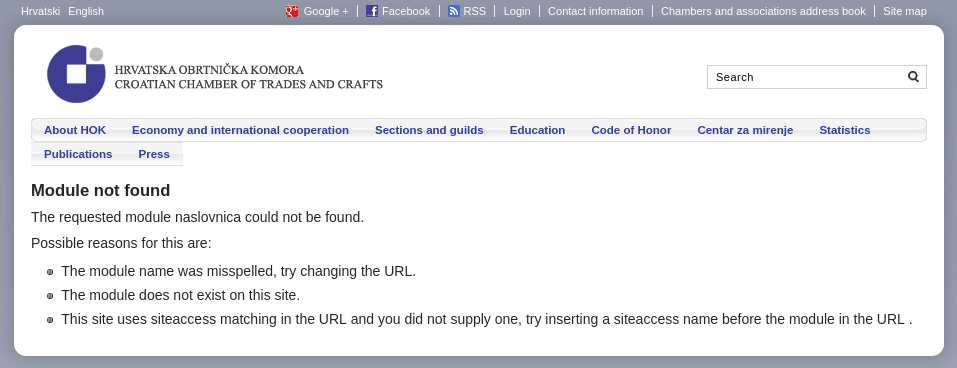Death and taxes, the Croatian way.
Calling all business owners: have you all turned in your tax reports for 2017? I guess you have, as the deadline has come and passed, and we're well into our new tax year. And yet, some two weeks ago, the Croatian media suddenly got filled with headlines reminding citizens to turn in their annual reports by the end of February, leaving me all stressed - wasn't the deadline set at January 15? I already filed mine! Is there another mysterious tax form I was supposed to fill and submit? Is there a difference between personal and business tax reports where small business owners are considered? Etc, etc.
I'm overplaying the drama here, naturally, as I'm a responsible little business owner who does her taxes on time. Can't afford not to. But the entire story left me thinking about another piece of mine, the one about how it takes a village to run a small business in Croatia, as you often end up having to dig up all the information on various tax obligations on your own, instead of being served with notices by the tax office or some other faceless entity that finds pleasure in relieving you of your extra money. Ha.

I wish it was only 19.
So I thought about taxes some more - an entirely reasonable topic to contemplate in your spare time - and decided to list five enigmatic fees business owners are obliged to pay in Croatia. We're not getting into VAT, the income tax or the profit tax this time around, as I'm pretty certain we all have a decent grasp of those three. No, we're turning to a much more interesting field today, a couple of Croatian taxes you wouldn't even think exist in the first place.
The title above wasn't meant to imply no one knows about those fees, as I'm sure you're all responsible business owners as well. It just has to do with the fact they can only provoke a single reaction: wait, what? And you grumble, and you mumble, and then you pay them anyway. Drumroll:
1. Forest contribution
Starting with my personal favourite, the infamous fee for the use of public forest functions... whatever that means. No one ever bothered to explain how this legendary idea came to be, but the Ministry of Agriculture did their best to convey the ecological and cultural benefits our forest resources allow us to enjoy. Forests and forest land constitute assets of interest for the Republic of Croatia. Forests regulate local, regional and global climate conditions, prevent the soil from eroding, regulate water catchment areas and local hydrological systems, and have a significant influence on the air and water quality. On and on they go with this display of worship, and by the time you've reached the end of the essay, you're clutching your heart, feeling blessed with the gift that are Croatian forests.

Forest on Velebit / Commons
Jokes aside, how much are you expected to cash out to protect Croatian natural treasure if you happen to be an entrepreneur? Exactly 0.0265% of your annual income. The amount might seem insignificant if you're running a small business that earns you an average monthly salary - to be honest, I laughed out loud at the 0.0265% of my annual income. When you consider major business players who turn millions a year, and do some math... well, it still isn't too bad. But here's the catch: no business out there has ever received any notice of this obligation, but were instead expected to take initiative, calculate the amount and make the payment themselves. Guess how that turned out: unexpected enforcement procedures. Owing to this small detail, the forest fee has provoked many a protest in all the years it's been in effect. By the way, the state is currently reaping around 180 million kuna a year from 202.000 entrepreneurs in the name of Croatian forests.
But lo and behold, some good news! The Ministry of Agriculture proposed a new law that would partially abolish the forest taxation. All businesses with an annual income lower than 3 million kuna will now be exempt from forest taxation - an estimated 90% of Croatian entrepreneurs, to be exact. The Ministry is introducing some order into the tax evasion/tax ignorance mess by enforcing a contractual obligation that will make the remaining 10% cover their part. As a result, it's believed the raised amount won't dramatically decrease. More good news: Croatian fire brigades will now receive 10% of the raised amount instead of just 5%. I guess the wildfires of 2017 were a wake up call for all.
2. Tourist Board membership fee
Moving on to an entirely different field, our numerous local/municipal/regional/other tourist boards which, surprisingly, get to enjoy a small part of our hard-earned income. Who's obliged to contribute to tourist boards? All businesses dealing in tourism-related activities: accommodation, hospitality, entertainment, recreation, transport, promotion, commerce - the plot thickens - translators, artists, photographers, journalists, beauticians, hairstylists, etc, etc.

This fee is calculated according to a couple of factors, including the type of business activity and the location (city) where said activities are carried out. Similar to the forest fee, your tourist board membership won't cause you considerable financial headache. Also similar to the forest fee, you'll never be officially informed of this particular obligation. When I registered my obrt business at the tax office, there was no mention of tourist boards - I was, however, asked to file a proof of payment alongside my annual tax report a year later. Wait, what? It turned out I was lucky to have a decent clerk assigned to me - some friends of mine have gone years without being informed of their tourism-related obligations, a small debt amassing somewhere in the background. Guess what happens after a while? Enforcement procedure, that's what.
3. Monument annuity
Call me an art historian, but this one actually makes some sense. Lovingly referred to as 'child support for heritage' by a friend of mine, the monument annuity is paid in case you conduct your business activity in an object (or a site) protected by the Ministry of Culture as a cultural/historical monument.
There are two different ways the fee is calculated. In most cases, the subject is obliged to pay 1-4 kuna per square metre of their business space (depending on the county/municipality) on a monthly basis. Businesses dealing in certain activities, such as some types of commerce or telecommunications, are charged their monument annuity in the amount of 0,05% of their income.
4. Exploitation of mineral resources
A very specialised niche - this one is a fee paid for mining, harvesting and processing of various mineral resources, ranging from stone and coal to precious stones and sea salt. It's calculated on the basis of two factors - a fixed rate for the surface of exploited area and a variable rate depending on the type of mineral resource in question. Fair enough.

A visual representation of what HOK does with our membership fees. / Quora
5. Croatian Chamber of Commerce (HGK) / Croatian Chamber of Trades and Crafts (HOK)
Leaving the best for last! As soon as you register a business in Croatia, you'll automatically become a member of your designated chamber - HGK for companies, HOK for obrt (trade) businesses. This, of course, means you'll be forced to pay a membership fee whether you like it or not - and according to many a reaction seen in the media, most people are not very fond of their enforced membership to begin with.
I can't really speak of HGK as I don't have any personal experience in that regard, but membership in HOK doesn't serve... any purpose, period. The chamber organises various lectures and workshops that might prove useful when it comes to certain types of crafts, but in most cases, you could happily live your entrepreneurial days without ever contacting your beloved HOK. There are no tangible benefits to being a member, but they seem content charging you for the privilege anyway. Just for fun, let's see what happens when you visit HOK's website and try to access the English version of the site...

Oh.
The monthly membership fee used to be 44 kuna back in the day, then 52 kuna in 2016, and finally raised to 76 kuna in 2017. What do you get for those 76 kuna? Well... 'free' business advice, in case you're ever lucky enough to receive a reply to your email. People have been advocating for an abolishment of membership fees for years now, instead proposing to HOK to introduce a voluntary membership for those who feel they would get some value for their money. Again, guess how that turned out. The only upside? You're exempt from this obligation in your first year of business. Cherish those 912 kuna - they're the last ones you'll ever save.


